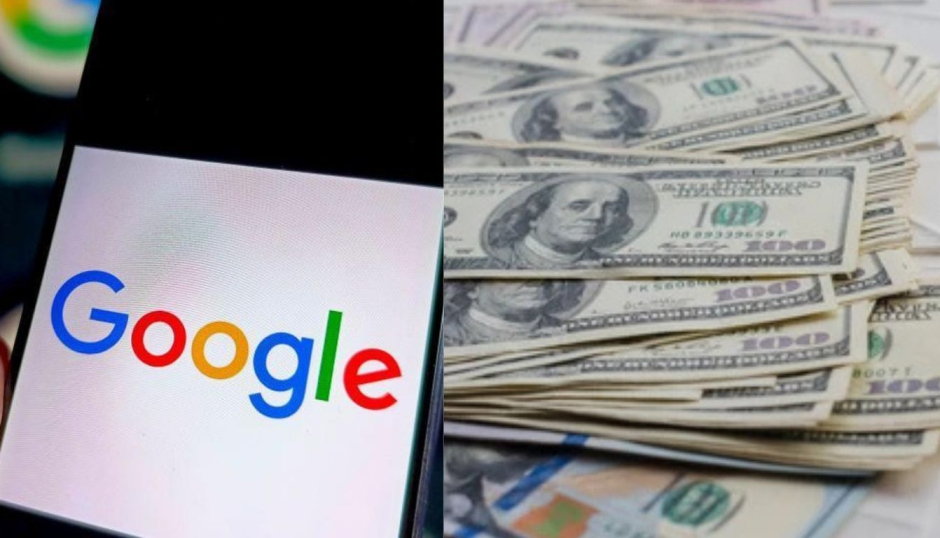A Russian court has fined Google for blocking state-run media channels on YouTube, imposing a staggering penalty of two undecillion roubles—equivalent to $20,000,000,000,000,000,000,000,000. This amount includes thirty-six zeros following the number two.
Even though it is one of the wealthiest corporations in the world, that is a lot more than Google’s $2 trillion valuation. Indeed, it surpasses the global GDP, which the International Monetary Fund estimates at $110 trillion.
The fine has grown so large because, as state news agency Tass has noted, it is constantly rising. Kremlin spokesman Dmitry Peskov reportedly told Tass that he “cannot even pronounce this number” yet he nevertheless asked “Google management to pay attention.” The company hasn’t said anything in public or answered the BBC‘s request for a statement.
Russia Imposes Major Fines on Google Over Media & Sanctions Dispute
According to RBC, a Russian news organization, the fine against Google is related to the removal of 17 Russian media channels’ videos from YouTube.
Even though this began in 2020, it really took off once Russia invaded Ukraine on a massive basis in 2022.
As a result, most Western companies pulled out of Russia and doing business there was also made very hard by sanctions. Russian media outlets were also blacklisted in Europe, which led to Moscow taking severe steps.
After declaring bankruptcy in 2022, Google withdrew its commercial services, including advertising, from the Russian market. However, the country does not completely ban its products.
This is the latest thing that has made things worse between Russia and the US tech giant.
Russian news agencies like RT and Sputnik were charged by Google in May 2021 by Russia’s media regulator Roskomnadzor of sponsoring “illegal protest activity” and blocking YouTube access to those outlets.
After that, in July of 2022, Russia punished Google with a punishment of 21.1 billion roubles (£301 million) for not blocking what it deemed as “prohibited” content, including but not limited to information regarding the conflict in Ukraine.
Independent news sources and freedom of expression are severely limited in Russia, leading to almost no press freedom.











